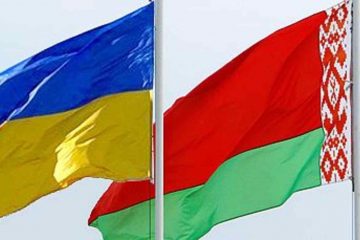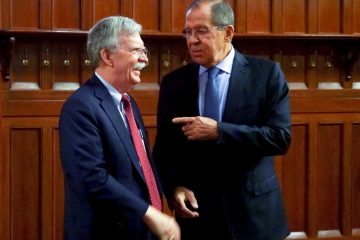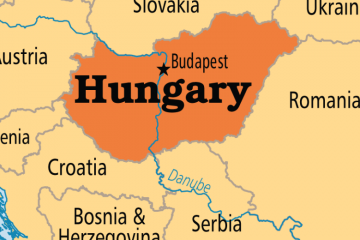35,000 individuals have reportedly signed up to join Ukraine’s ‘information army’ – the new project drafted by the country’s Ministry of Information Policy which seeks to combat the “Russian occupation on the information front”.
The new initiative, which seeks to mobilise Ukrainian bloggers to post their accounts of the war online, was made live earlier this month in a bid to counter Russian propaganda coverage of the conflict.
“I would not want to say how many have signed up by now, that would not be right of me to do. What I can say is that on the first day around 35,000 people registered,” Ukraine’s minister of information policy Yury Stenets told Russian independent TV channel Dozhd.
“We are not going to create fake news, we are not going to talk nonsense and we will not speak untrue things,” he said. “As soon as one starts doing that, it becomes ineffective.”
According to Stenets one of the main tasks of these “information troops” will be to help journalists report truthfully about the conflict.
Other tasks given to volunteers from the Ministry of Information Policy will include distributing Ukraine’s message on social media and engaging with pro-Russian activists online.
Becoming a volunteer is very simple – according to the Information Army’s website “any Ukrainian with an internet connection” can sign up.
The official motto of the new Ukrainian initiative is: “Every post you make is a bullet to the mind of the enemy”.
Russia’s vast state media sector has been embroiled in what has been referred to as an “information war” with Kiev and Western outlets since the beginning of the Ukrainian conflict, offering differing interpretations of the Ukrainian revolution and subsequent war in the east of the country.
Recently Ukrainian students began an online video appealing to Russian people not to believe everything that the Russian media broadcast and print. In the footage, the Kiev University students advise: “Check what you hear, doubt what you see”.
The man who created the video, Yevheniy Melnik, told Radio Free Europe “These are ordinary students who are trying to somehow put an end to this information war. It’s precisely this information war that is fueling the situation in the Donetsk and Luhansk regions.”





Comments